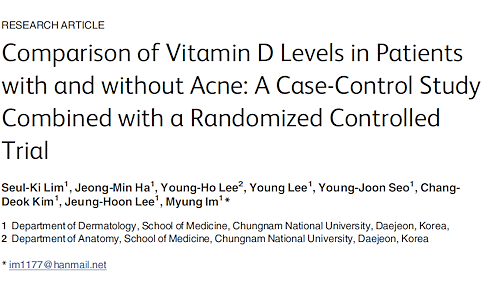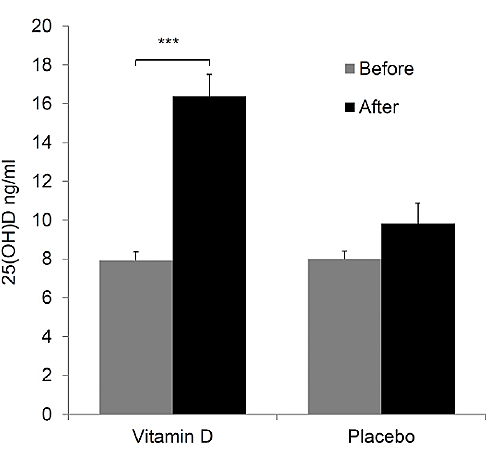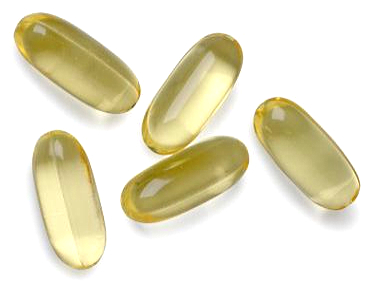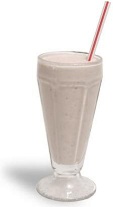|
Definition: "An ergogenic aid is any substance or phenomenon that enhances performance "
|
|
||||||||
28.05.2023 |
|
|
Low vitamin D levels induce acne
Low vitamin D levels can increase the risk of acne. And, just as you might expect, normalizing low vitamin D levels through supplementation can make acne less severe.
Epidemiology
The researchers got their money from the South Korean government, not from a supplement manufacturer.
In the epidemiological study, the researchers measured the vitamin D levels of 80 Koreans with acne with the vitamin D levels of 80 Koreans without acne. They found that a vitamin deficiency was significantly more common in the first group than in the second.
Click on the table for a larger version.
Intervention study
Although the supplement was dosed too low to bring the vitamin D level to a sufficient level over a period of 2 months [first figure below], the researchers saw that acne decreased in the vitamin D group [second figure below - click on it for a larger version]. However, that decrease was not statistically significant.
However, if the researchers looked exclusively at inflammatory acne, there was a statistically significant decrease in the acne group.
Mechanism
The researchers also point to research in which vitamin D increases the production of an antimicrobial peptide such as LL-37 in sebum-producing cells. [Arch Dermatol Res. 2012 Oct;304(8):627-32.]
Source: More: Archives:
|
|
||||||||||||||||









